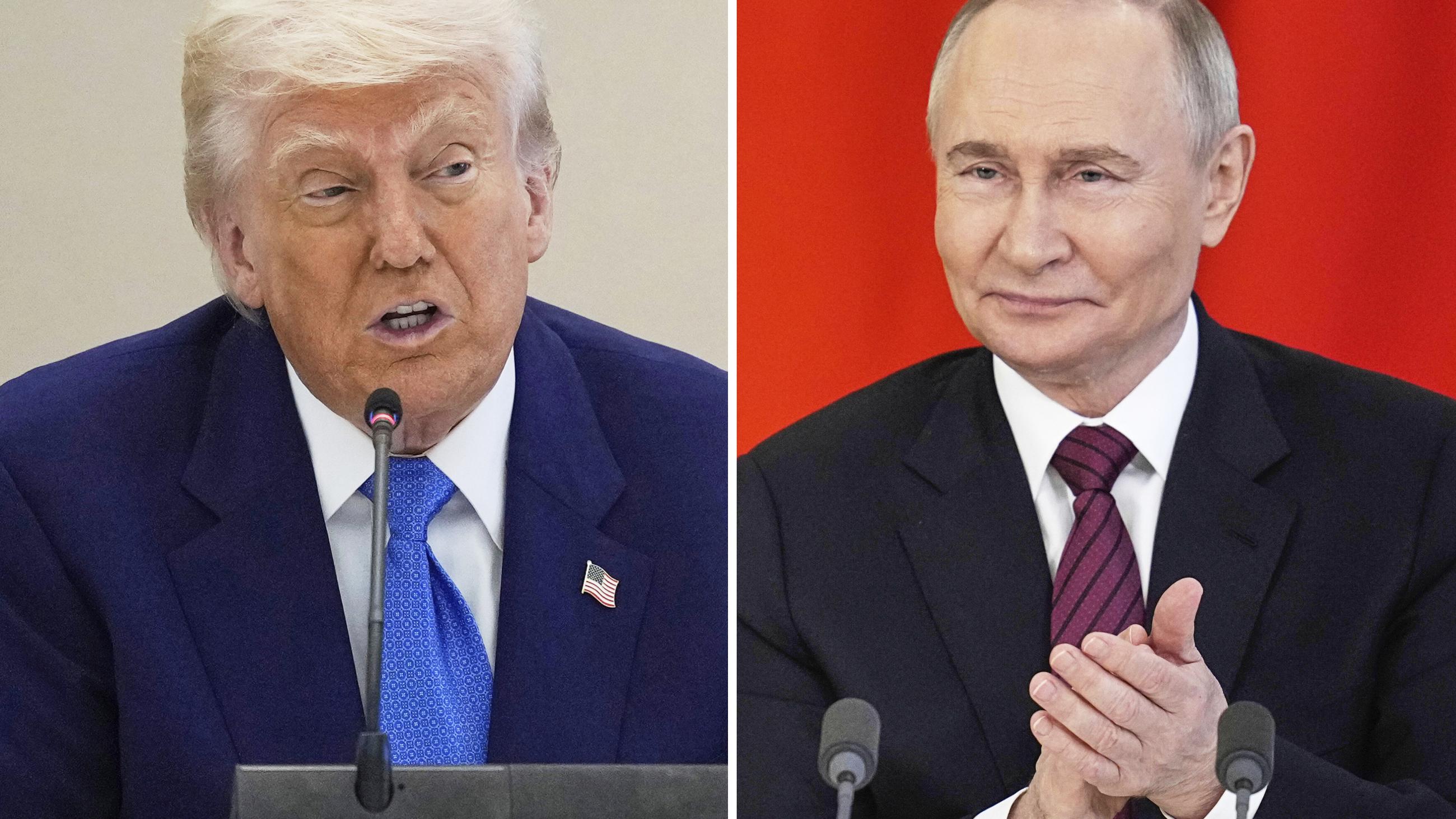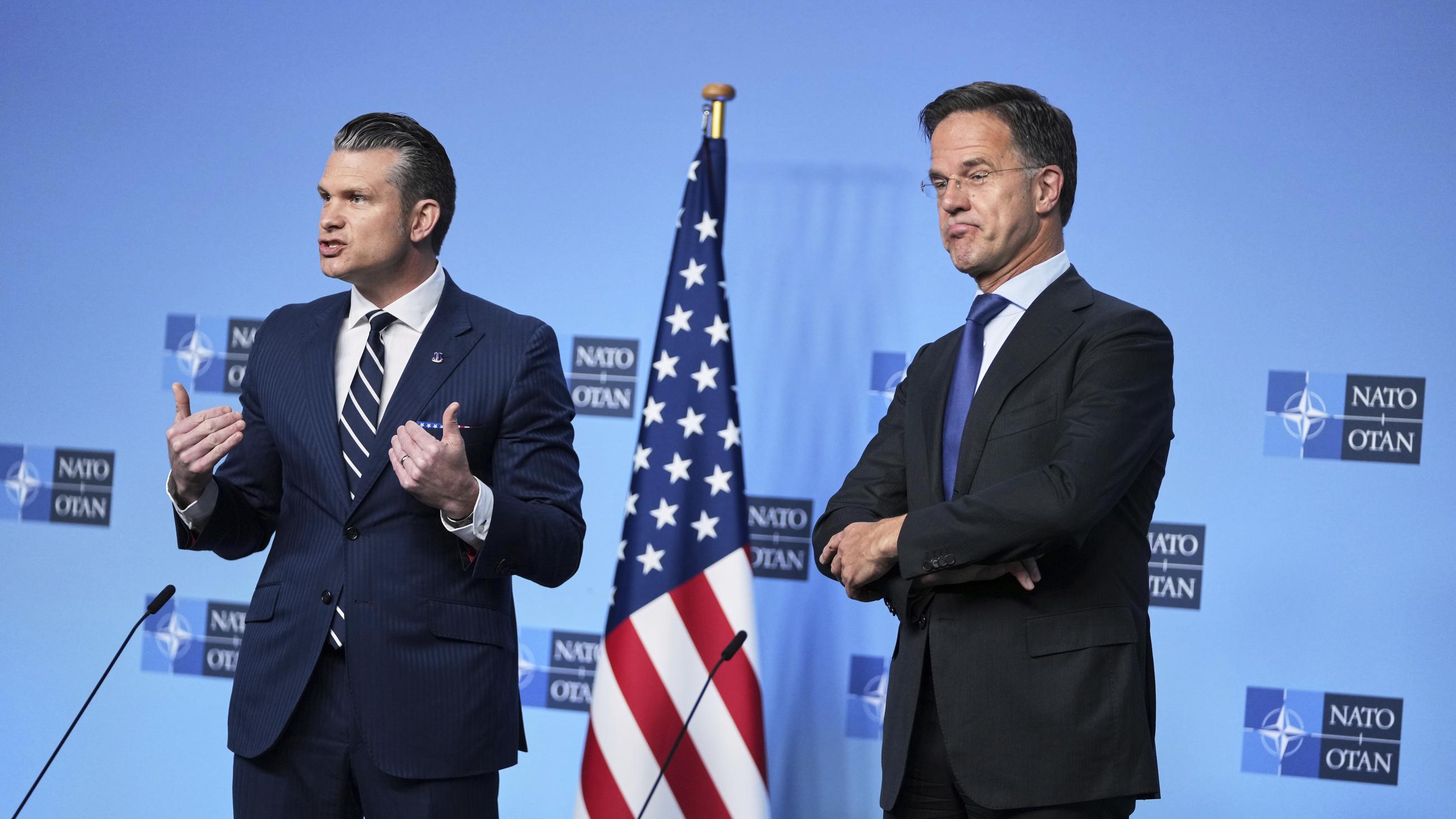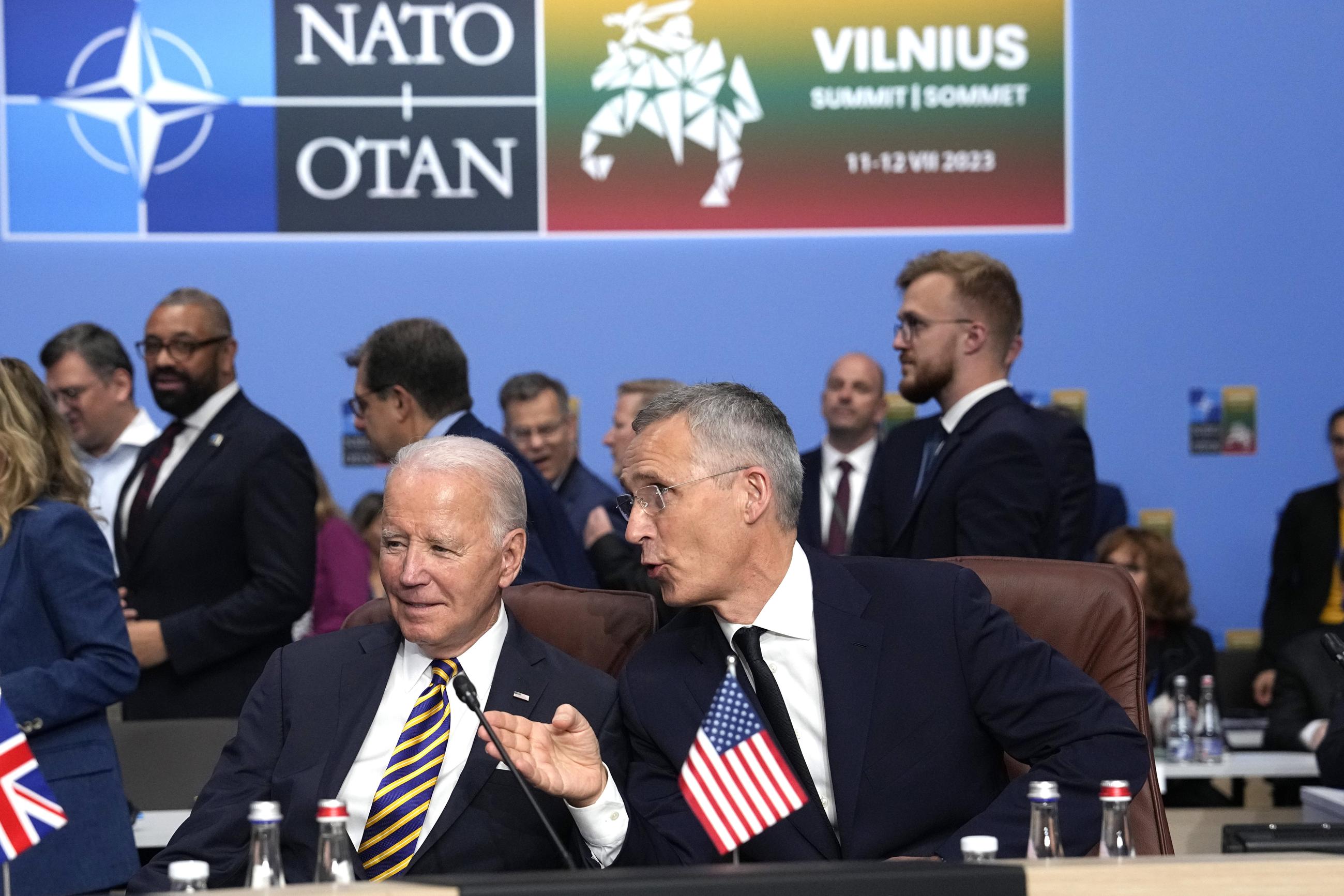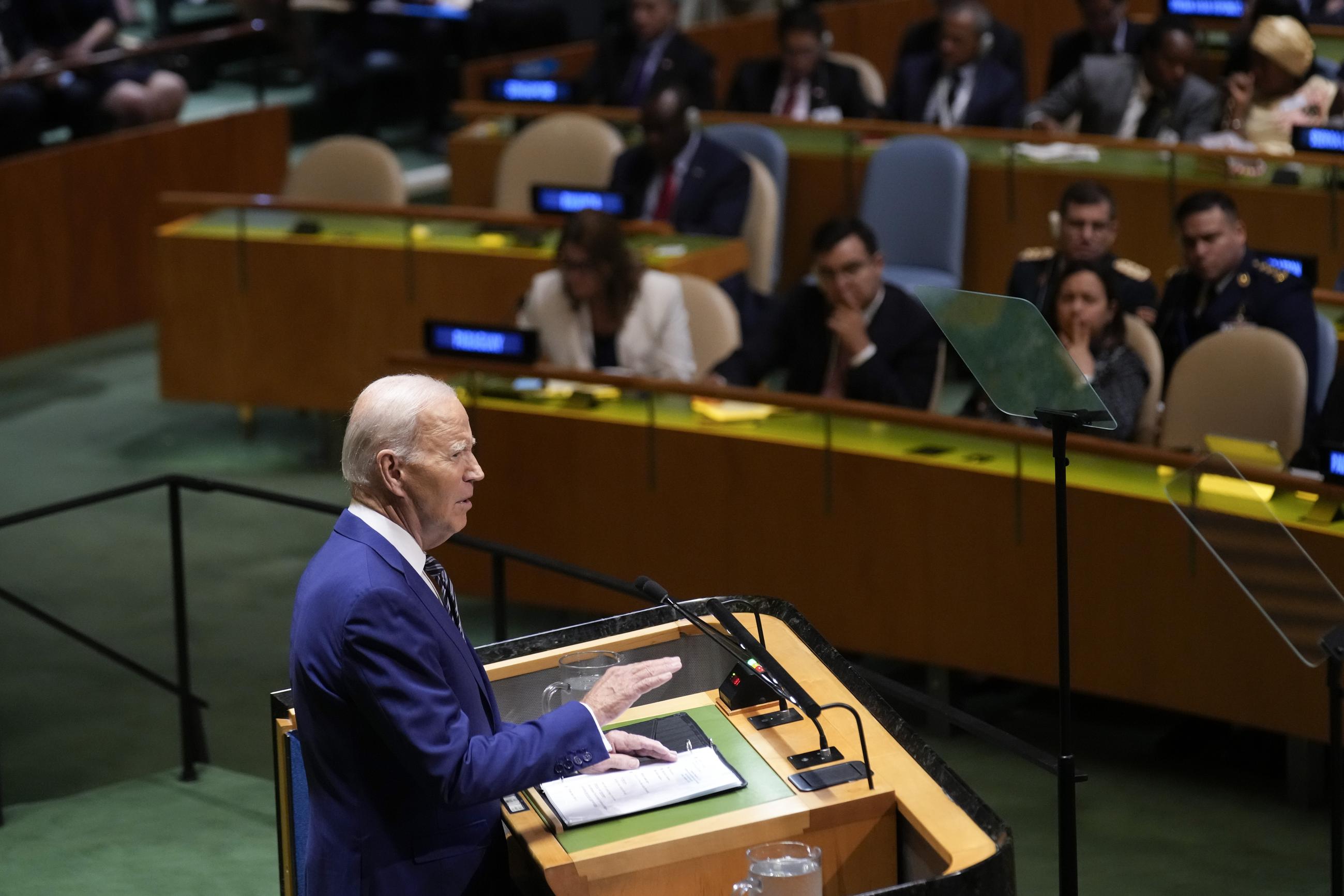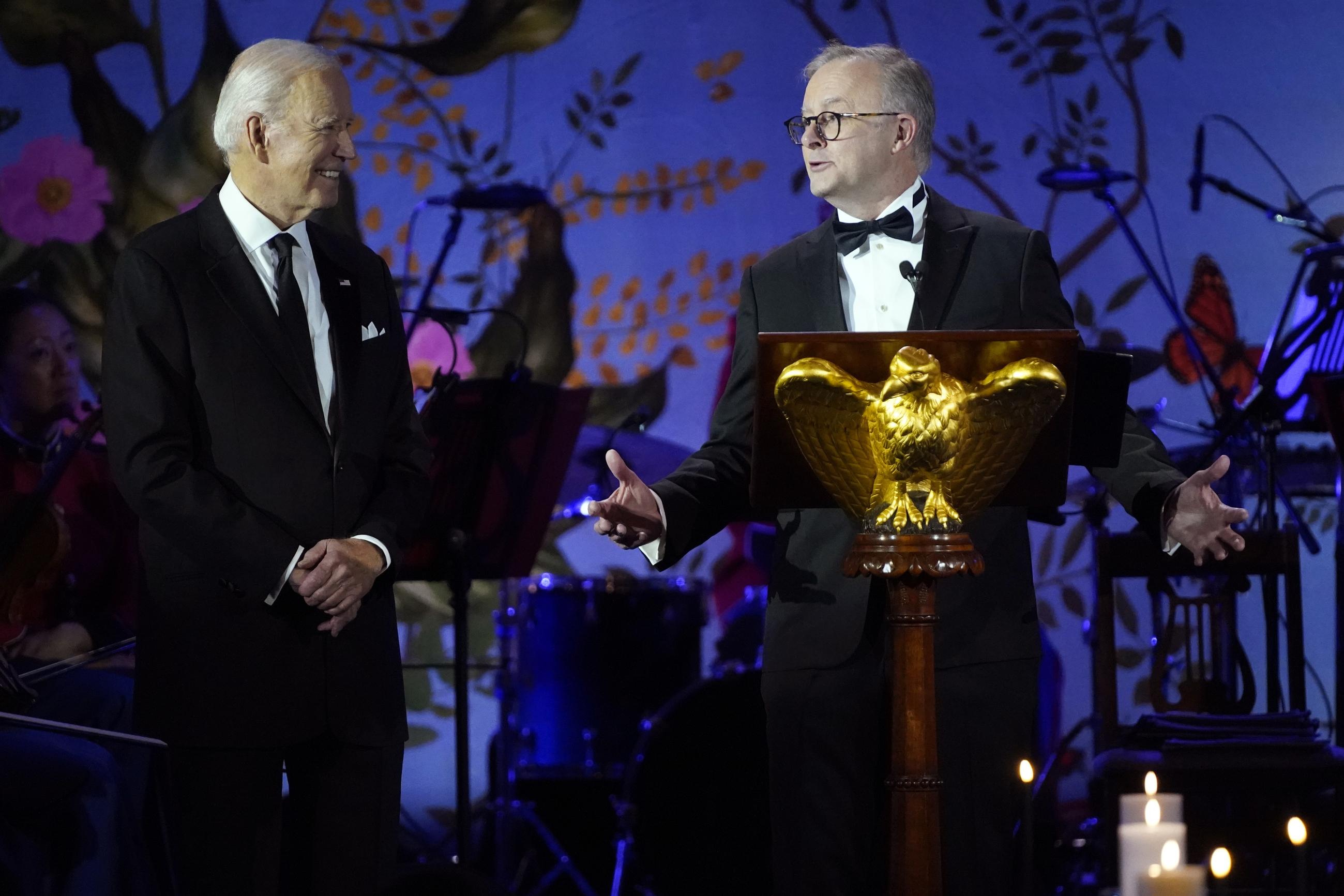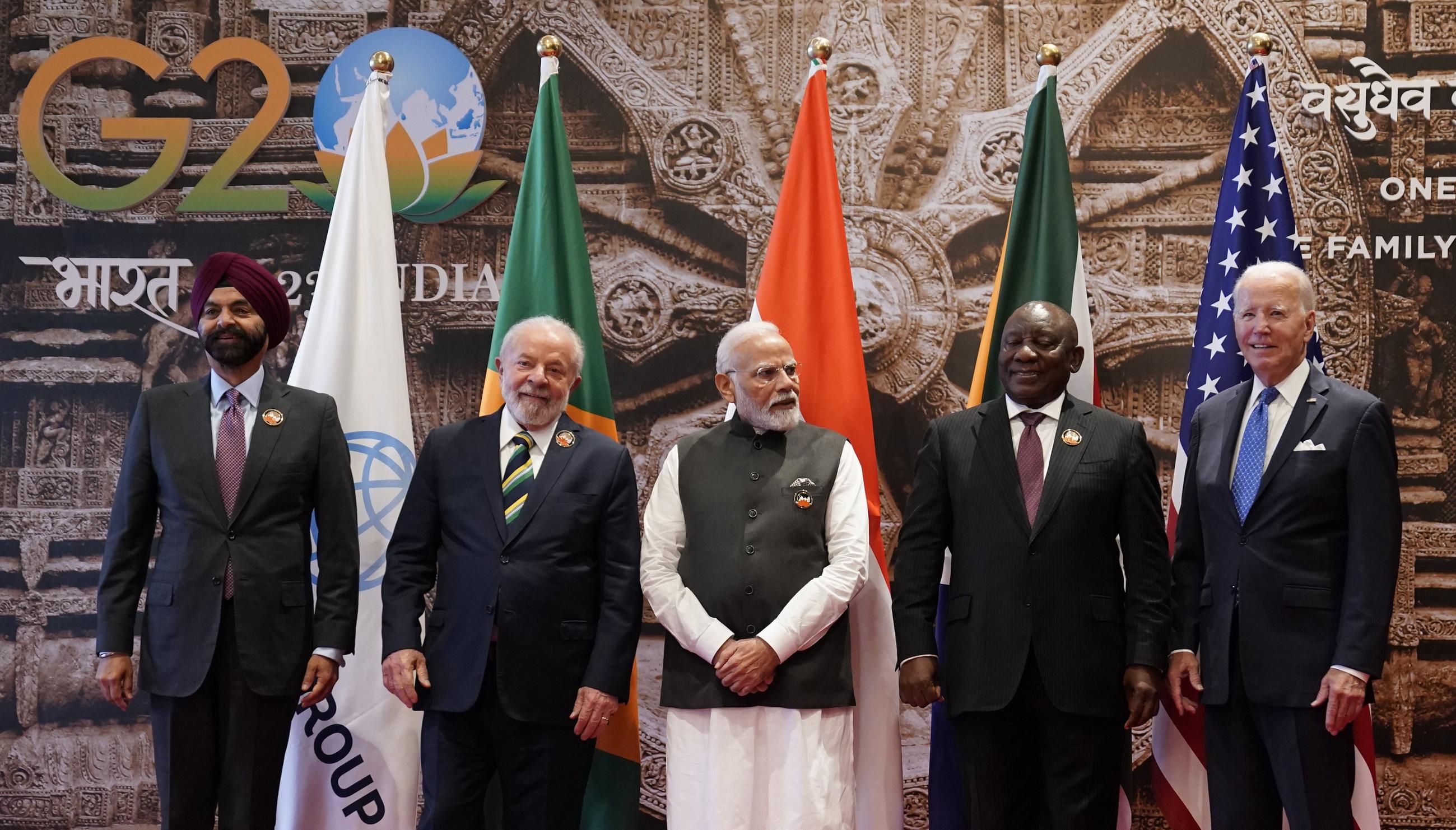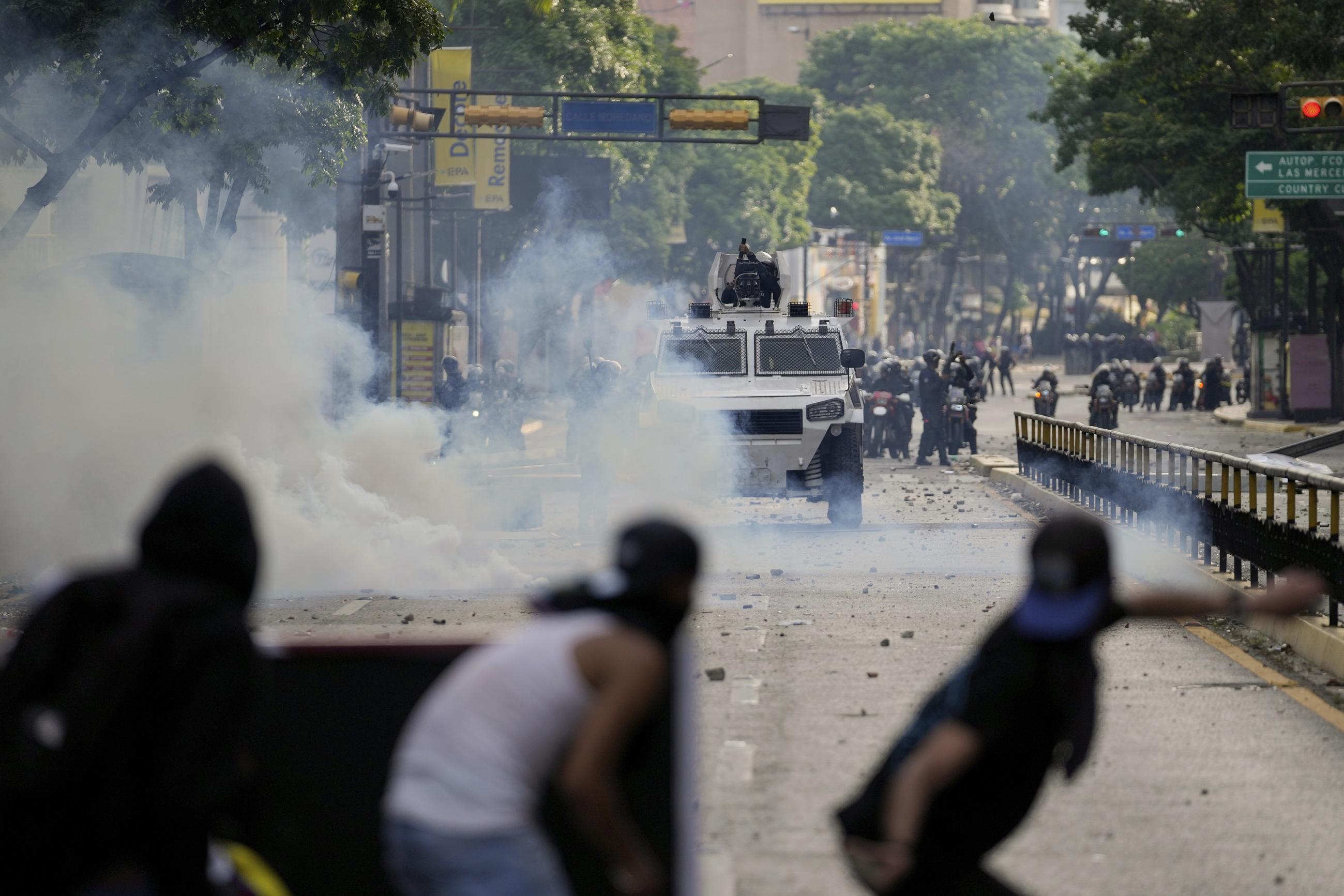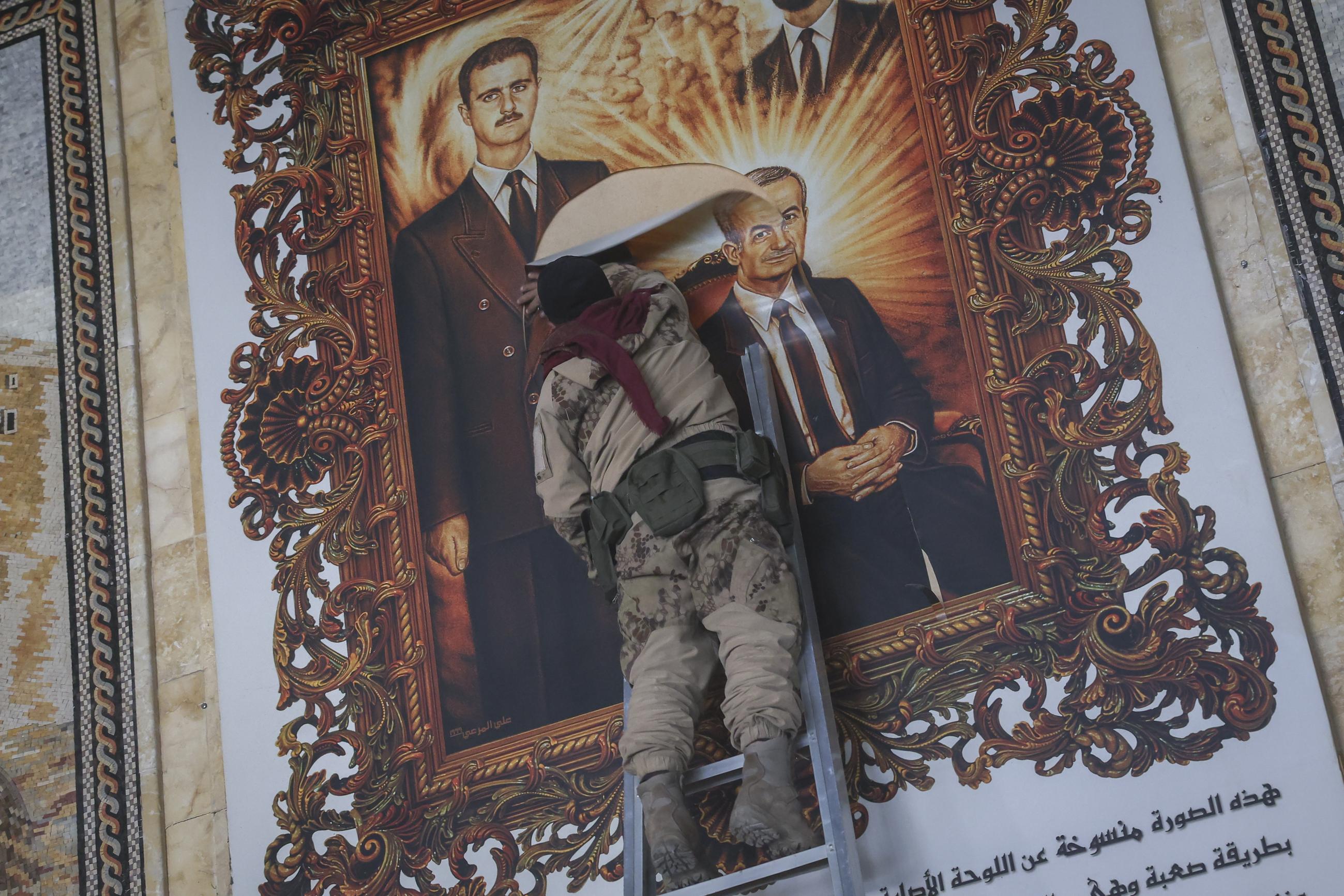Western leaders, including congressional Republicans, have a plethora of ideas about how to make Moscow’s invasion of Ukraine more costly for Russian President Vladimir Putin. However, some appear to be frozen in inaction as they wait for President Trump to figure out how—and whether—he plans to pursue peace.
A sanctions bill in Congress, introduced by Sens. Lindsey Graham and Richard Blumenthal, currently has over 80 cosponsors, and support for a House version of the bill is also growing. Ukrainian officials estimate that Russia would lose approximately $60 billion in oil revenue by the end of the year if Congress were to pass the bill.
“This is exactly the same amount Russia spent on waging the war for one year, so this is equal to one year’s war budget,” said Vladyslav Vlasiuk, Ukrainian President Volodymyr Zelensky’s sanctions commissioner, who spoke to reporters in Washington. A delegation led by Zelensky’s influential head of office, Andriy Yermak, visited the U.S. capital last week.
Ukrainian officials believe that Russia has made around $595 billion just from selling Russian crude since the beginning of the full-scale invasion of Ukraine in 2022. Still, the country has lost an estimated $150 billion in oil revenue due to Western sanctions. Ukrainians argue that tougher sanctions could pressure Russia to take peace negotiations seriously.
Vlasiuk noted that some European Union member states, for example, continue to purchase Russian liquefied natural gas. Graham and Blumenthal’s bill would impose 500 percent tariffs on any countries, including European allies, that purchase Russian energy products such as oil, gas, and uranium. Ukrainian officials have estimated that the United States produces enough LNG to replace those purchases from Russia. European officials have already expressed interest in purchasing more LNG from the U.S.
Meanwhile, Graham has said there could be a surge of actions taken this month that would make it harder for Putin to continue waging his war. He hopes his sanctions package, which has garnered support from European leaders such as French President Emmanuel Macron and European Commission President Ursula von der Leyen, will be passed simultaneously with the European Union's 18th package of sanctions against Russia.
Meanwhile, Western leaders are discussing the possibility of lowering the price cap on Russian oil from $60 a barrel to as low as $45 at the upcoming G-7 summit in Canada. The sanctions bill in the Senate would put even further pressure on purchasers of Russian oil and gas, such as China and India, to reduce their purchases of Russian energy products, theoretically making it easier to lower the cap price without disrupting global markets.
After Russia launched its full-scale invasion of Ukraine in 2022, the G-7 agreed to ban all trade in Russian crude oil if the price paid was above $60 per barrel. It also prohibited shipping and insurance companies from handling Russian crude unless its price is under the $60 cap. Some lawmakers argue that lowering the price cap even further would deprive Russia of funds to wage its war as the world continues to wean itself off Russian oil and gas completely.
Still, many expect Graham’s bill to get watered down as Congress negotiates with the White House. Tariffs of up to 500 percent on countries that purchase Russian energy products would crush trade between the U.S. and trading partners such as China and India, which currently buy the majority of Russian energy exports. That could drive up prices in the U.S. and disrupt supply chains, causing a political headache for the Trump administration.
Trump was quick to point out that Graham and other congressional Republicans won’t take any action unless he gives the green light, and it’s unclear what must happen for him to do that. Following a phone call last week with Putin, Trump suggested he would allow the war to continue its course, despite having repeatedly pledged on the campaign trail last year he could end the conflict in 24 hours.
"I said, 'President, maybe you're going to have to keep fighting and suffering a lot,' because both sides are suffering, before you pull them apart, before they're able to be pulled apart," Trump said about his call with Putin. "You see in hockey; you see it in sports. The referees let them go for a couple of seconds, let them go for a little while before you pull them apart."
Željana Zovko, a member of the European Parliament from Croatia, said many Europeans still hope that Trump can end the war. She noted that security cooperation between Europe and the U.S. and support for Ukraine will both be high on the agenda during the upcoming NATO summit in the Netherlands, taking place June 24-25. Zovko also emphasized that the U.S. should impose stricter sanctions on Russia and do everything possible to ensure that Kyiv negotiates from a position of strength.
“Not only sanctions, but they should take the lead on the final actions that will help and bring all sides to the negotiating table,” Zovko said, pointing to the critical role the U.S. played in ending the wars in the former Yugoslavia in the 1990s. “I welcome the new administration’s attempts to listen to the warring parties and to address the concerns, but also we need to address the need for Ukraine to have this decisive action that will also make space for negotiations. You cannot negotiate if you’re in a weaker position.”
Western intelligence officials and war analysts believe that Russia is preparing for a summer military offensive despite ongoing peace negotiations. A delegation of Ukrainian officials arrived in Washington mere days after the country launched a dramatic attack on Russian military infrastructure, dubbed Operation Spider Web, which reportedly damaged 41 Russian aircraft and inflicted an estimated $7 billion in losses with Ukrainian-made drones smuggled into Russia over 18 months. Experts say Russia will likely retaliate for the operation sometime in the next week.
Ukrainian officials briefed members of Congress on Operation Spider Web and revealed Russia’s plans for continuing the war well into 2026.
Pavlo Palisa, the deputy head of the office of the Ukrainian president, said that Ukrainian intelligence services have discovered that Russia aims to create a buffer zone along the Ukrainian and Russian borders in the Sumy and Kharkiv regions of northeastern Ukraine by the end of this year. The country also plans to occupy the remainder of the Donetsk and Luhansk regions in eastern Ukraine by September, and to take over the cities of Mykolaiv and Odessa by next year, he said.
“Unfortunately, they are not speaking about peace,” Palisa told reporters in Washington. “They are preparing for war.”
Zelensky has argued, however, that Russia can only win the war if the West lifts its sanctions. Sergiy Boyev, Ukraine’s first deputy minister of defense, echoed that sentiment, arguing that it’s imperative to hit Russia economically to force Putin to end the unprovoked invasion of his smaller neighbor.
“To compel Russia to pursue peace,” Boyev said, “we need to stop its ability to fuel its war machine.”



